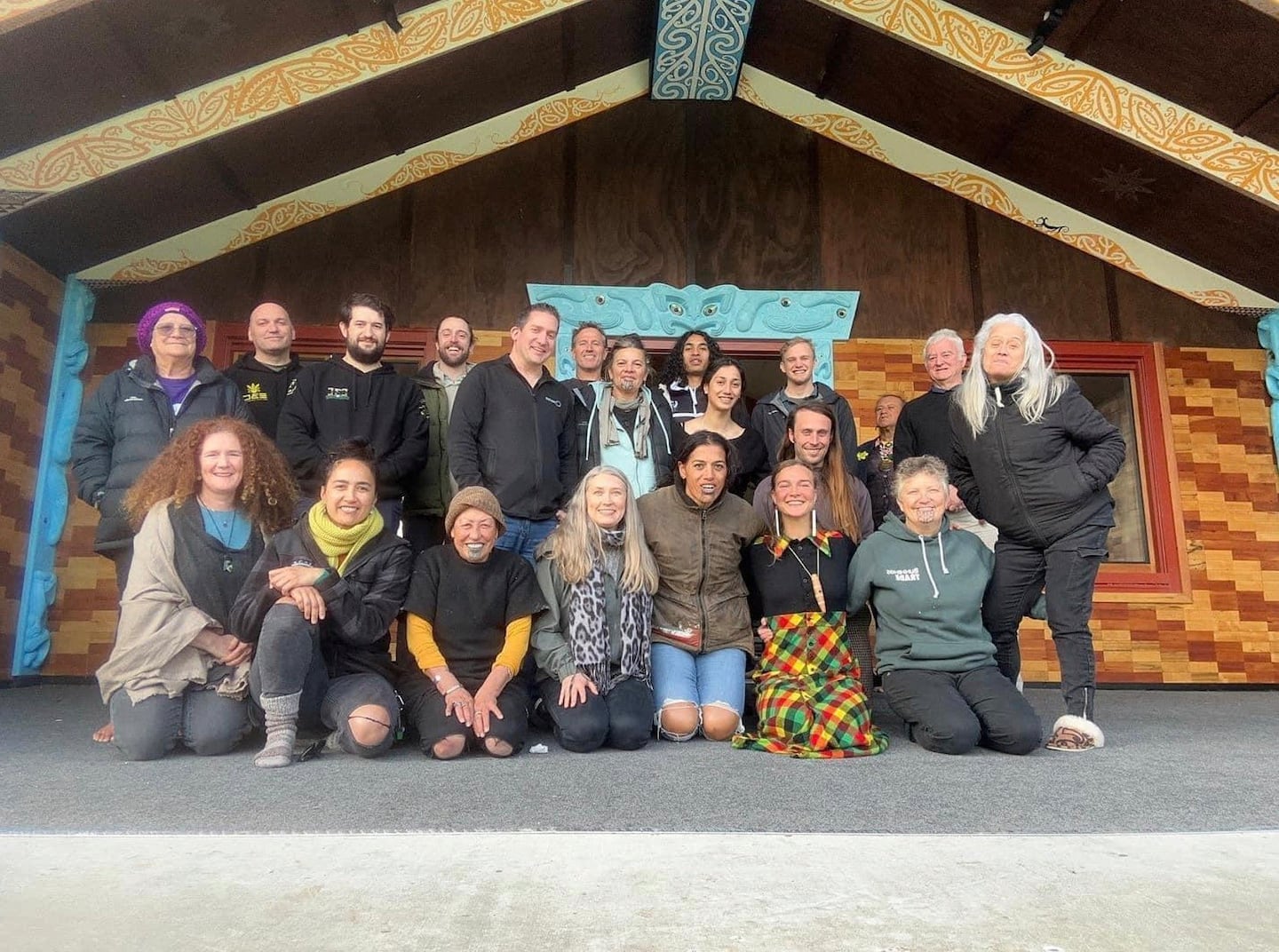Tairāwhiti-based Rangiwaho Marae and medical cannabis grower Rua Bioscience have obtained New Zealand’s first licence to cultivate the indigenous fungi containing psilocybin, the active compound found in psychedelic mushrooms.
Psilocybin has shown promise in preliminary studies for treating various mental health conditions, including depression, anxiety and PTSD. The collaboration aims to unlock the therapeutic potential of psilocybin to help whānau affected by methamphetamine and other addictions.
“We are hugely excited about this opportunity for our whānau,” Rangiwaho trustee Jody Toroa says.
“These taonga are provided by the atua and our people have been using them for healing and wellness for centuries. We have been learning from tohunga about how the taonga can help shift ingrained habits and unhelpful ways of thinking, to open up new possibilities.”
While the licence is only for cultivation research at this stage, it is a step in the collaboration including a network of rongoā Māori practitioners, Institute of Environmental Science and Research (ESR), University of Auckland, University of Waikato, Manaaki Whenua Landcare Research, Mātai Medical Research Institute, an iwi health provider and other community stakeholders.
‘World-leading innovation’
Rua Bioscience chief executive Paul Naske says the collaboration will provide a unique opportunity to explore cultivation techniques that can contribute to research undertaken in a culturally safe environment with the support of a range of expertise.
“It is a privilege to be involved in this ground-breaking project and we are excited to be able to support this kaupapa. It is exciting to see Australia and other jurisdictions embracing innovative and potentially life-changing medical research with psilocybin, and exciting for Rua Bioscience to now be part of such a great national collaboration,” he says.
“Bringing together ātauranga māori, psychedelic traditions and contemporary neuroscience research is world-leading innovation based here in Tairāwhiti.”
Earlier this year, Australia changed the regulations to enable psilocybin to be prescribed by authorised psychiatrists to people experiencing treatment-resistant depression. In New Zealand any registered prescriber can apply to Medsafe for permission to administer an unapproved medicine.
Official Information provided by Medsafe last month to the New Zealand Drug Foundation showed that no one in New Zealand has been prescribed psilocybin to date in a clinical setting. Three applications have been made for using psilocybin in clinical trials, all in the past 18 months.
Rangiwaho Marae has received Health Research Council funding to progress the clinical research programme and Rua Bioscience will now begin cultivation trials to produce consistent levels of psilocybin to be used in clinical trials.
ESR will be providing analytical testing services to determine the levels of psilocybin and other compounds in the fungi to ensure accurate dosing when the time comes to use the mushrooms in human trials.


